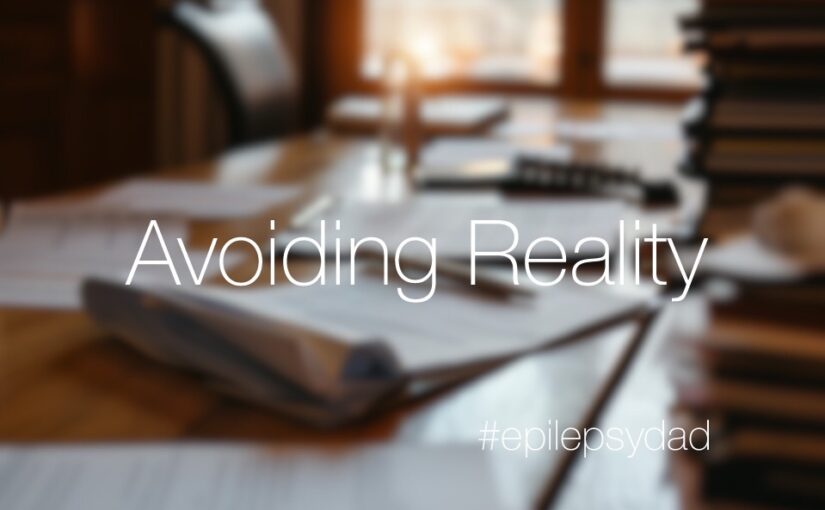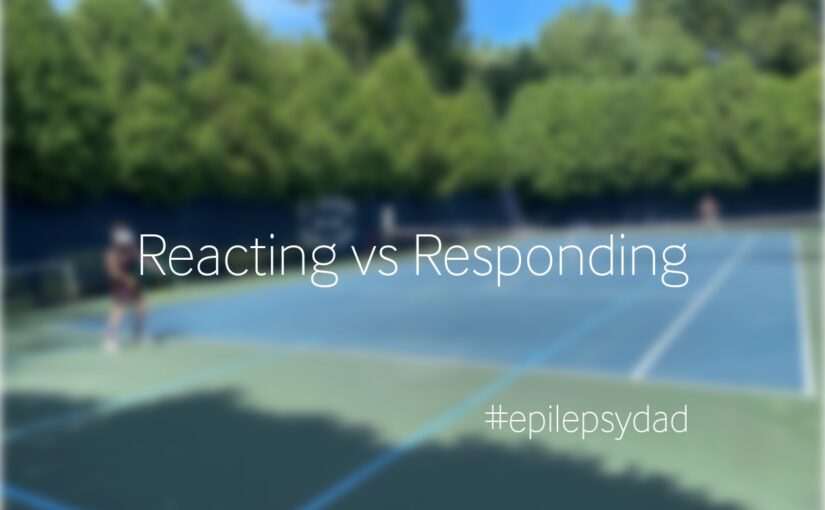A while ago, I wrote about getting therapy and how it allowed me to understand and change my patterns and behaviors so that I could have a healthier life and be more present with myself and my family. That awareness sparked another change that I made in my life a few years ago.
I stopped drinking alcohol.
For many people, alcohol is a “slippery slope” topic. I loved a glass of wine with dinner. The aroma, the taste, and how it is paired with a meal unlocked a different aspect of food. But as our life got harder, I found that I was turning to that glass of wine more as a way to dull the pain and fear and to escape. It fed into my tendencies to go inside myself or avoid dealing with issues. It also made it more difficult to continue and sustain the progress that I was making with my mental health. Many people can do both, but it was clear that I couldn’t. So I stopped.
It wasn’t easy at first. It meant I wasn’t trying to escape and forcing myself to be more present in our situation. However, the work that I was doing with my therapist and with my family made me stronger and more capable of doing that. Even though it was hard, the more present I was, the more progress I saw in rebuilding those relationships.
Eventually, the desire to escape with a drink went away, but there were still temptations outside the house that I needed to contend with, so I didn’t want to fall back into my old pattern. The culture of my industry is filled with happy hours and entertainment. When everyone else ordered an alcoholic beverage, and I ordered a club soda, there were questioning looks. But eventually, those looks disappeared, and it stopped being a thing. Mostly, it’s only weird if you make it weird. I didn’t have to go into the details with anyone on why. It just became a fact that I didn’t drink, and I avoided situations where I knew the drinking would make me uncomfortable.
That was more than four years ago. Of course, no one change fixes everything. My son still has seizures. Our life is still stressful. But the point of getting help and not drinking isn’t to force me to only live in the stress and to be fully present all the time. It’s to be capable of being more deeply present when I need to be, to break the habit of running away when things get too big, and to replace the unhealthy behaviors with healthier ways to wind down and disconnect from the stress, both with my family and friends and also by myself.
I am sometimes asked if this choice is permanent or if I’ll have a drink someday. I can honestly say that I don’t know. I am human, and life is unpredictable. But I know that, if and when I do, it will be on my terms.


